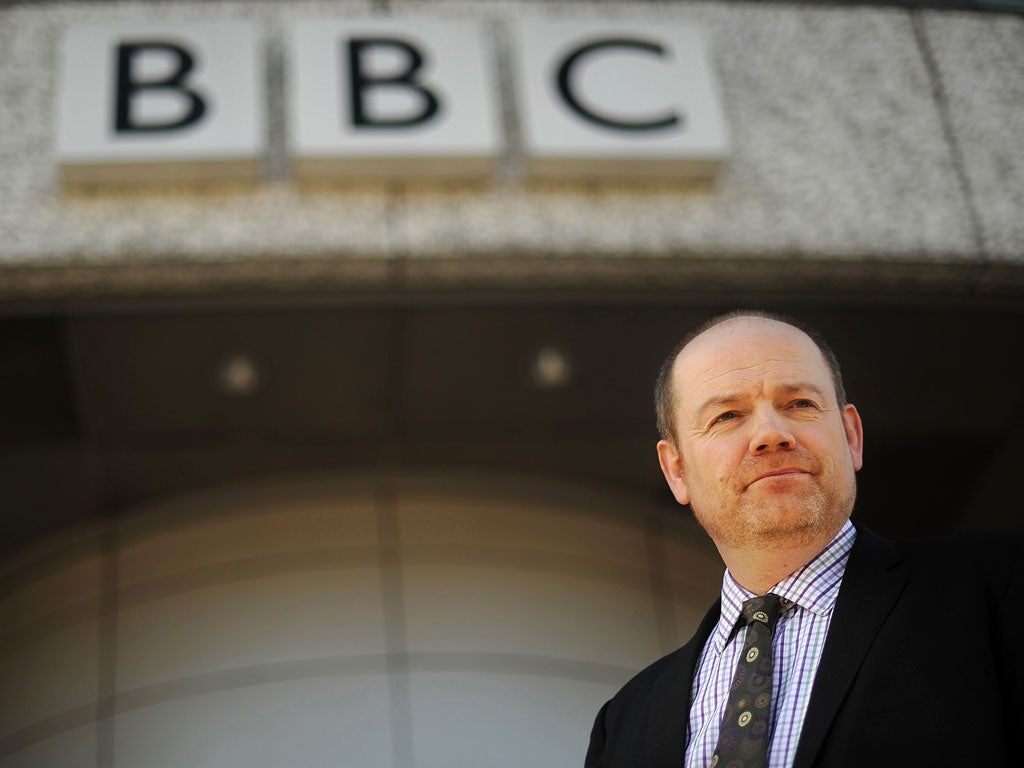BBC 'knew of Savile claims months ago but didn't tell police'

Senior BBC executives knew months ago that two of its stars were alleged to have sexually assaulted two underage teenage girls at Television Centre, but did not make police aware until last week, it was claimed last night.
A well-placed source in the BBC's newsroom also claimed Newsnight editor Peter Rippon axed the story after being "leaned on" from above, a claim he denies.
Last night the BBC faced further criticism amid claims that Mark Thompson, its then director-general, decided to run three tribute programmes for Savile over the Christmas period, despite being warned by an angry senior journalist about the potential consequences of axing the Newsnight investigation.
The corporation has been under pressure to explain why it did not run the Newsnight piece after ITV broadcast the claims in a programme last week Ω prompting more than 40 alleged victims to come forward.
But, the source said, the allegations of a sexual assault by Jimmy Savile and pop star Gary Glitter on the girls in the 1970s were known about by the BBC for months: "They knew for a long time but only now has the BBC seen fit to respond... more should have been done. "
The investigation by Newsnight journalists was due for transmission around 9 December last year but was shelved by Mr Rippon after he was told the Crown Prosecution Service had dropped an investigation into Savile, citing lack of evidence. But, the source claimed, it was axed needlessly. "The Newsnight investigation unearthed the fact there had been one [police investigation] but it was looking into the claims from Duncroft [the school where some of the allegations against Savile originated] and it took in Gary Glitter and the BBC premises line," they said. "It was strong enough. "
The source added. "Of course he [Mr Rippon] was leaned on, it is incredible to think he wasn't. But there is also probably a degree of him saying to bosses 'we don't really have a story, don't worry'. It was a sort of self-censorship. It wasn't as simple as someone on high saying kill the story."
Following the cancellation, a journalist cornered Mr Thompson, who was at that time unaware of the row, at Christmas drinks. "Thompson didn't have any decision in dropping the story, but he did know obviously that the tributes were going ahead. It appears Thompson didn't go to any trouble to make inquiries," said the source.
The source added: "One part of the BBC was making hugely expensive tribute programmes while another part was making quite serious allegations about the person. The facts speak for themselves."
Last night the BBC said that senior bosses "had no influence whatsoever over the decision to drop the Newsnight investigation. The decision was taken solely by the editor of that programme. He has explained fully in his blog that the investigation could not reach the standard of proof needed to broadcast. One person had been interviewed on camera by that time, and we believed that the police were aware of the allegations against Jimmy that the programme had heard."
The BBC added that it had "no record of criminal behaviour" about this in its records.
